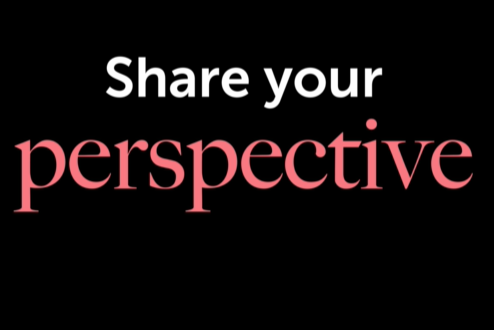
- Mindset Growth. A Campaign
- Innovative Methods

An Instagram campaign with a set of Instagram story filters. Focusing on community & culture, material and nature, the filters raise big questions exploring our individual and cultural practices associated with sustainability and what these look like in our diverse global communities.
Digital.
A collaboration between Wanda Lephoto, Lucas By, Big Circle Studios, Xzavier Zulu, Elisabet Elfa – Patagonia.
Our campaign stimulates Mindset Growth. By engaging voices from different communities we reveal the nuances of our diverse understanding of sustainability across local and global communities. It is a gateway to grow our minds, a way to learn from each other’s lived experiences, a way to break down barriers posed by official terminologies, so we may form new pathways for sustainability to become understood as an accessible way of life.




Our planet has provided us with an abundance of natural resources. But we have not utilised them
responsibly and currently consume far beyond what our planet can provide. We must learn how to
use and produce in sustainable ways that will reverse the harm that we have inflicted on the planet.
To build a better world, we need to work together and we need to be inventive. We need to
challenge our self through new contexts and we have to dare to try new methods to solve problems
and innovate new solutions.
In the module Innovative methods we share good examples for collaborative problem solving where
a variety of perspectives and experiences can be applied to try and find solutions to non-routine
problems, we share examples on how we can communicate to change behavior patterns as well as
digital tools which can be used to incorporate circular and sustainable design strategies into product
development.
All group objects:
Transparency is necessary to ensure that stakeholders in the textile and apparel value chain have access to information in matters that affect them. Transparency is a must for sustainable development.
Accountability is highly valued among customers; in terms of brand building, it comes second to the quality of goods or services. New technologies such as blockchain, RFID, and Bluetooth applications as well as faster data computation enable more possibilities for transparency, traceability, and accountability.
Complete transparency and traceability are still visions. Systems must be created that give all stakeholders in the apparel and textile value chain opportunities to make responsible and informed decisions and to stop corruption.
Sustainable consumption may seem contradictive and far-fetched. However, in the space between these words, opportunities for new behaviors, policy instruments, and business models open up, allowing for more conscious consumption.
Platforms such as F/ACT Movement have now been established to help fashion consumers to make more conscious decisions while at the same time enhancing their ability to express themselves through their outfits.
Consumer’s desire to make more sustainable choices, governmental green incentives, and industry’s resource conscious innovation give opportunities to create better systems that allow consumers more opportunities to live out their desire for fashion and textiles.